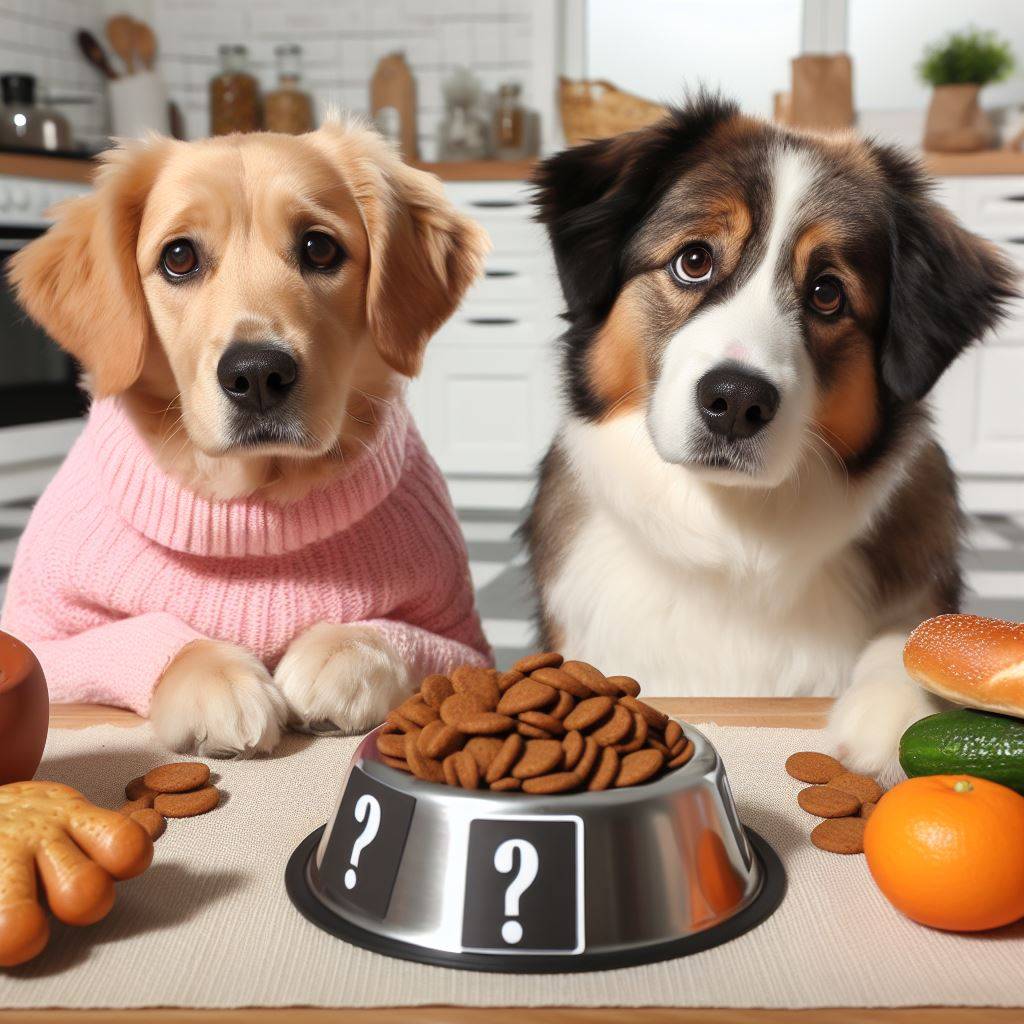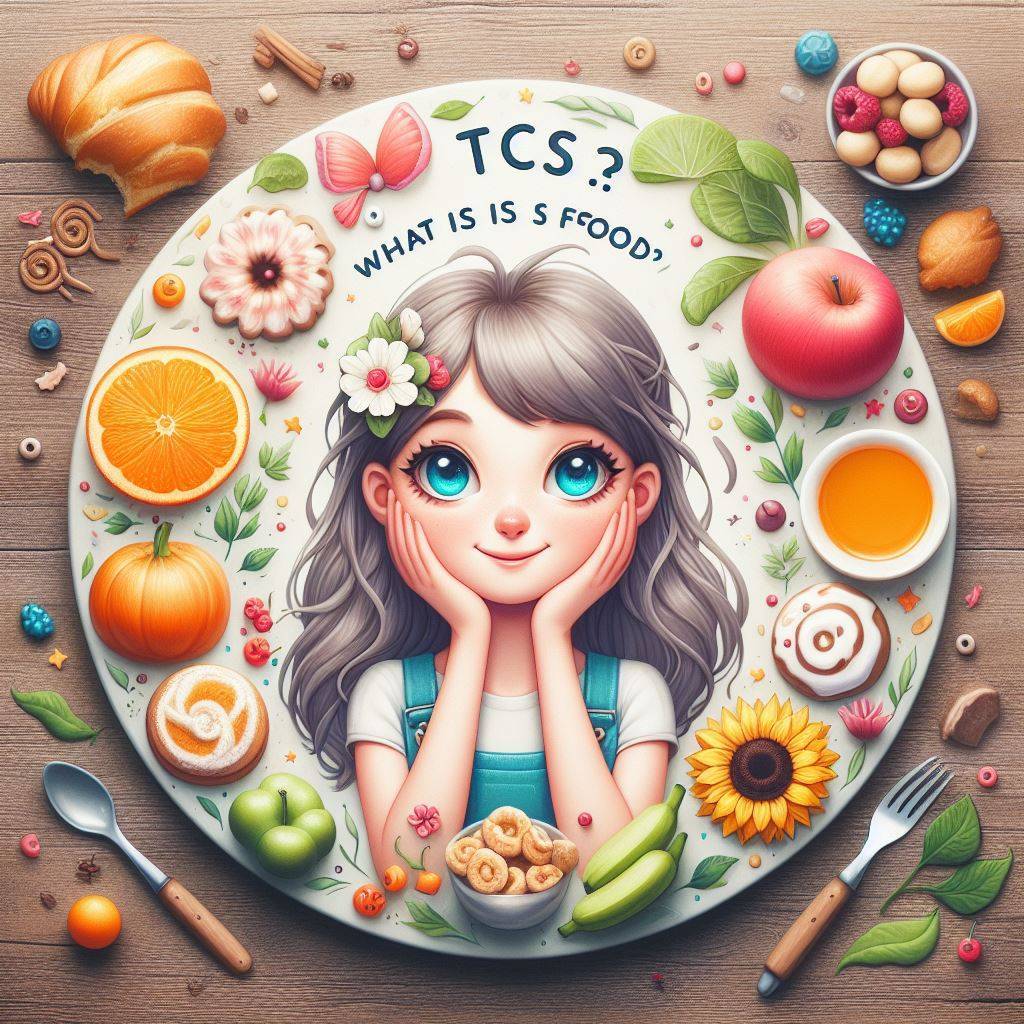As dog owners, we all want our furry friends to have healthy appetites and enjoy their food. So, it can be concerning when our dogs suddenly stop eating their meals but still eagerly gobble up treats.
There are several reasons why your dog may not be eating his food but will eat treats. Let’s take a look at some of the common causes and what you can do about them.
Table of Contents
Possible Reasons for Not Eating Food
- Lack of appetite: Just like humans, dogs may experience a loss of appetite due to illness, stress, or even the weather. If your dog is still energetic and playful, it’s likely just a temporary situation that will pass on its own.
- Change in food or feeding schedule: Dogs can be picky eaters, and they may refuse to eat if their food or feeding schedule is changed. If you recently switched your dog’s food or started feeding him at a different time, he may not be used to it yet.
- Dental problems: Have you noticed your dog having difficulty chewing his food? If so, he may have dental issues such as broken or loose teeth, gum disease, or an abscess. These problems can make it painful for your dog to eat his food.
- Stomach upset: Dogs can get stomach upsets just like we do. If your dog is experiencing diarrhea, vomiting, or any other digestive issues, he may not feel like eating his regular food. In this case, it’s best to let your dog fast for 12-24 hours and then gradually reintroduce bland food.
- Spoiled food: If you keep your dog’s food in a warm or humid place, it can spoil quickly. Your dog may refuse to eat spoiled food because it doesn’t smell or taste right. Always make sure to store your dog’s food in a cool, dry place.
What to Do When Your Dog Won’t Eat His Food
- Check for signs of illness: If your dog seems lethargic and has other symptoms such as vomiting, diarrhea, or fever, it’s best to take him to the vet. Your dog may have an underlying health issue that needs to be addressed.
- Try different types of food: If your dog is just being picky, try offering him a different brand or flavor of food. Some dogs prefer wet food over dry, while others may enjoy homemade meals. Experiment to find what works best for your dog.
- Stick to a consistent feeding schedule: Dogs thrive on routine, so it’s important to feed them at the same time every day. This helps them develop a healthy eating pattern and prevents them from getting too hungry or bored between meals.
- Address dental problems: If you suspect your dog has dental issues, take him to the vet for an examination. Your vet may recommend a dental cleaning or other treatment to help your dog’s mouth stay healthy and pain-free.
- Seek professional help: If your dog’s lack of appetite persists, it’s best to seek advice from a professional dog trainer or behaviorist. They can assess your dog’s eating habits and provide tips on how to encourage him to eat his food.
Frequently Asked Questions
Q1: My dog has always been a picky eater. Should I be worried?
A1: Some dogs are simply more fussy about their food than others. If your dog is maintaining a healthy weight, appears healthy, and has energy, it’s likely nothing to worry about. However, if your dog’s picky eating is causing weight loss or other health issues, it’s best to consult with a vet.
Q2: Can I feed my dog human food to encourage him to eat?
A2: While some human foods are safe for dogs, others can be harmful or even toxic. Before feeding your dog any human food, it’s important to research or consult with your vet to ensure it’s safe.
Q3: How long can a dog go without eating?
A3: While dogs can go without food for about three to five days, this is not ideal. If your dog hasn’t eaten for more than 24 hours, it’s best to consult with a vet.
Q4: What should I do if my dog only wants to eat treats?
A4: Treats should only make up 10% of your dog’s daily calories. If your dog is refusing to eat his regular food in favor of treats, it might be best to cut back on the treats, and consult with a vet or professional dog trainer for strategies to encourage your dog to eat his food.
Q5: My dog isn’t showing signs of illness and has a good appetite for treats, but won’t eat his regular food. What’s wrong?
A5: Your dog may just be holding out for treats, especially if he knows he can get them instead of eating his regular food. In this case, it’s important to limit treats and encourage your dog to eat his food. If the problem persists, it’s best to consult a professional.
Conclusion
In most cases, dogs not eating their food but still enjoying treats is not a cause for concern. Why Is My Dog Not Eating His Food But Will Eat Treats? However, it’s essential to monitor your dog’s eating habits and address any potential issues promptly. By understanding the possible reasons for this behavior and implementing the suggested solutions, you can ensure your dog stays healthy and happy. Remember to always consult with a vet if you have any doubts about your dog’s health or appetite. So, enjoy those tail wags and slobbery kisses from your dog while keeping an eye on their diet. After all, a healthy and well-fed dog is a happy dog! So keep spoiling them with treats (in moderation), but don’t forget to provide them with proper nutrition through their regular meals as well. Keep these tips in mind, and your dog’s appetite will be back to normal in no



I think, that you are not right. I am assured. I suggest it to discuss.
1xBet Review
https://khelraja-india.com/khelraja-login-and-registration/
Стильные советы по созданию стильных образов на любой день.
Заметки стилистов, события, все новинки и мероприятия.
https://emurmansk.ru/pub/2024-09-10-demna-gvasaliya-revolyutsioner-mody-i-kreativnyy-provokator/